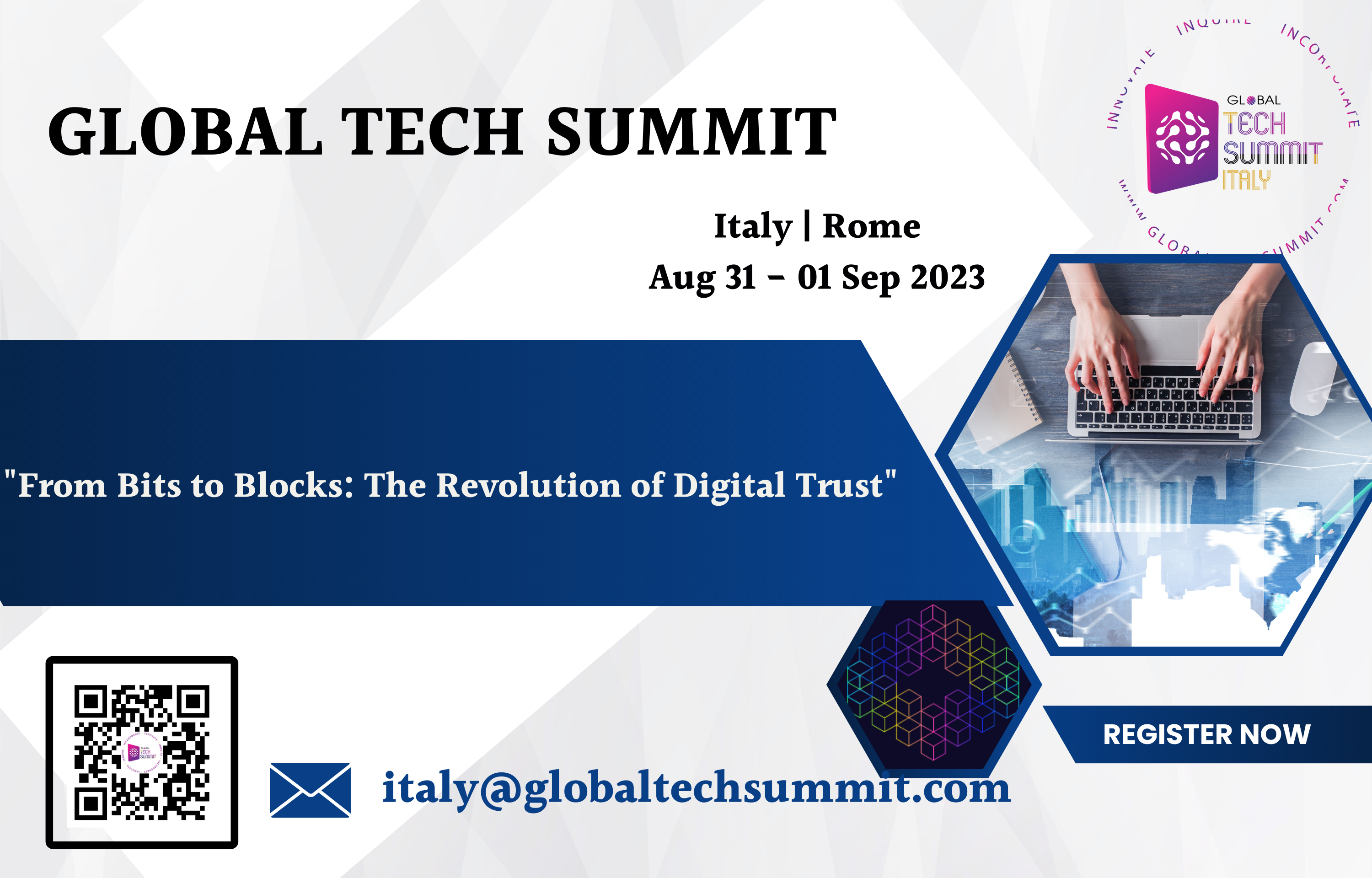
In an increasingly digital world where trust is paramount, blockchain technology emerges as a revolutionary force that can redefine how we establish trust in various interactions and transactions.
At the heart of blockchain's transformative power is its ability to create an immutable and transparent ledger. This feature ensures that once data is recorded on the blockchain, it cannot be altered, providing a reliable source of truth. Imagine a world where every transaction, whether financial, contractual, or even academic credentials, is securely recorded on a blockchain, eliminating the need for intermediaries and reducing the risk of fraud.
Smart contracts, self-executing contracts with terms directly written into code, amplify the trust-building potential of blockchain. These contracts automatically execute when predefined conditions are met, reducing the need for intermediaries and minimizing the potential for disputes. This concept has vast implications for various industries, from supply chain management to real estate.
Blockchain's decentralized nature further enhances trust. Traditional systems often rely on centralized authorities for validation and control, creating single points of failure. Blockchain eliminates this vulnerability by distributing the control and validation process across a network of participants. This decentralization increases resilience, making it more challenging for malicious actors to manipulate the system.
As we look to the future, blockchain has the potential to revolutionize identity verification. Instead of relying on numerous usernames and passwords, individuals could have a secure and unique digital identity stored on the blockchain. This would not only simplify access to services but also enhance privacy and security.
Additionally, blockchain's impact on cross-border transactions could reshape the global economy. Faster, cheaper, and more secure international payments could become the new norm, fostering economic growth and financial inclusion.
The rise of blockchain-based non-fungible tokens (NFTs) introduces a novel concept of ownership in the digital realm. Artists, creators, and even gamers can tokenize their work, ensuring provenance and enabling direct sales to fans, creating a more equitable distribution of revenue.
In conclusion, blockchain technology's ability to create trust, transparency, and decentralization holds the key to a more secure and efficient digital world. Its potential to revolutionize industries, streamline processes, and redefine ownership makes it a driving force for the future. As we continue to explore the possibilities of blockchain, we must recognize its transformative impact on trust and adapt our systems accordingly.
Global Tech Summit
Posted on: Aug 14, 2023

